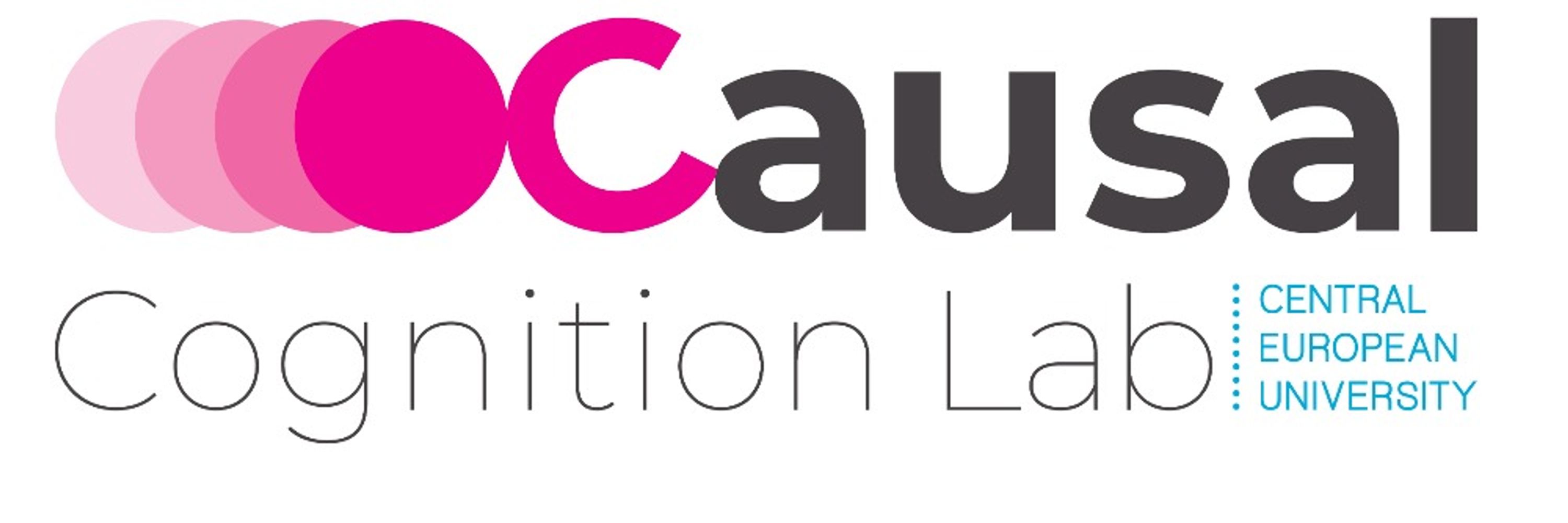
Personal site: https://www.jfkominsky.com
16/22
16/22
In 2020, Brian Scholl and I found that adapting to entraining does *not* generate the same adaptation effect on these launch/pass displays.
4/22
In 2020, Brian Scholl and I found that adapting to entraining does *not* generate the same adaptation effect on these launch/pass displays.
4/22
3/22
3/22
One of the best pieces of evidence for this is that you can get visual adaptation to launching events.
2/22
One of the best pieces of evidence for this is that you can get visual adaptation to launching events.
2/22

